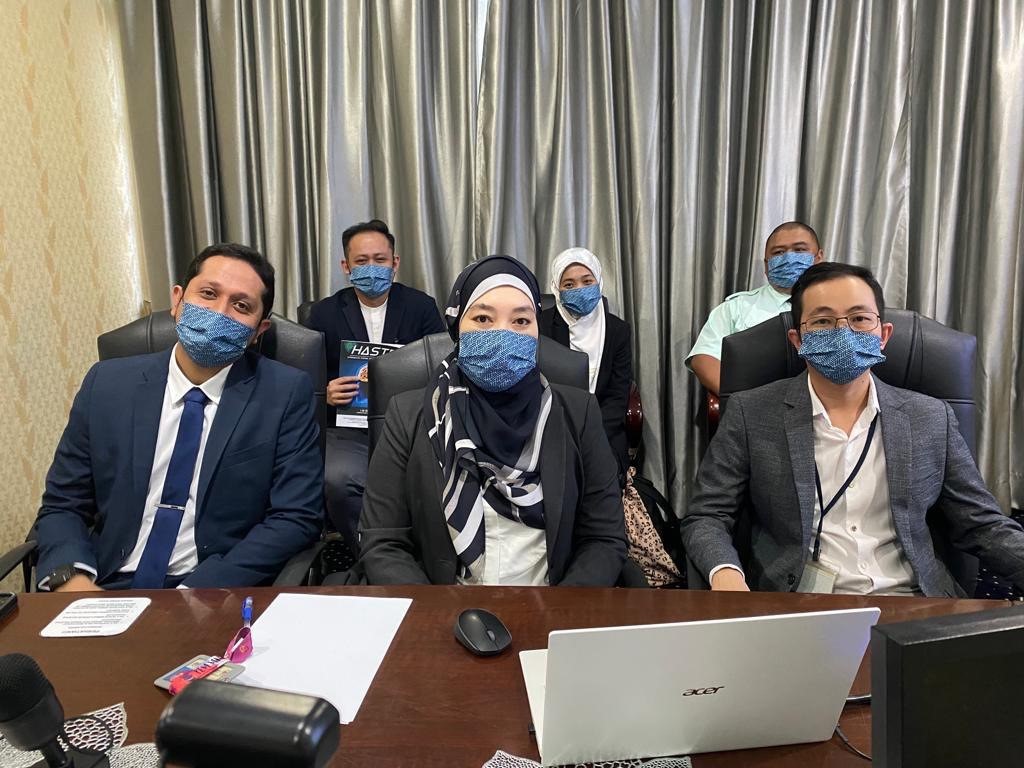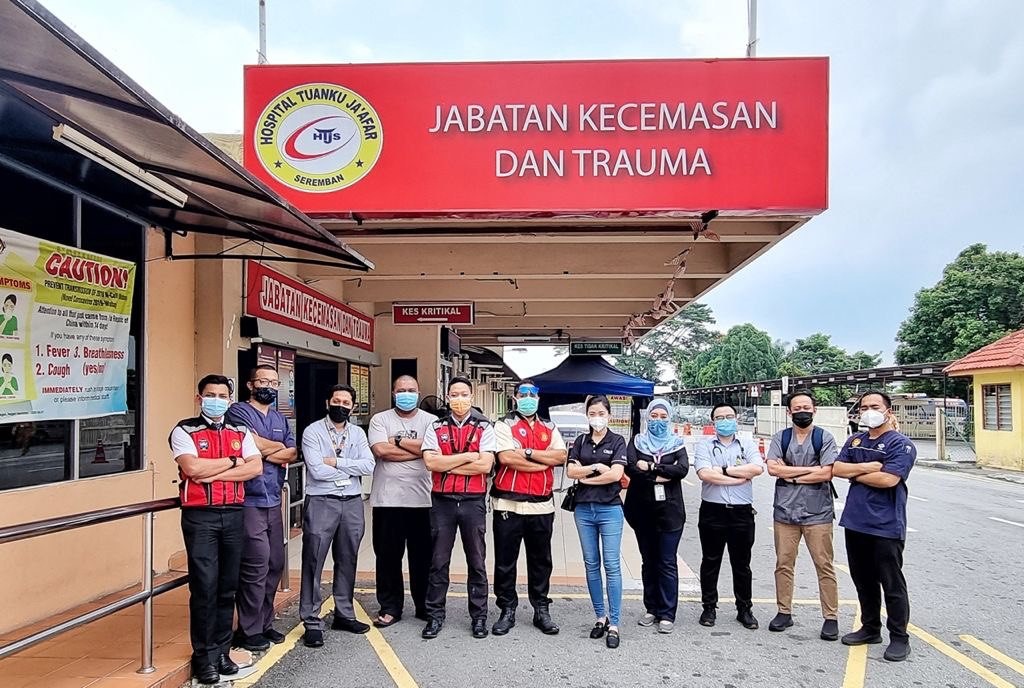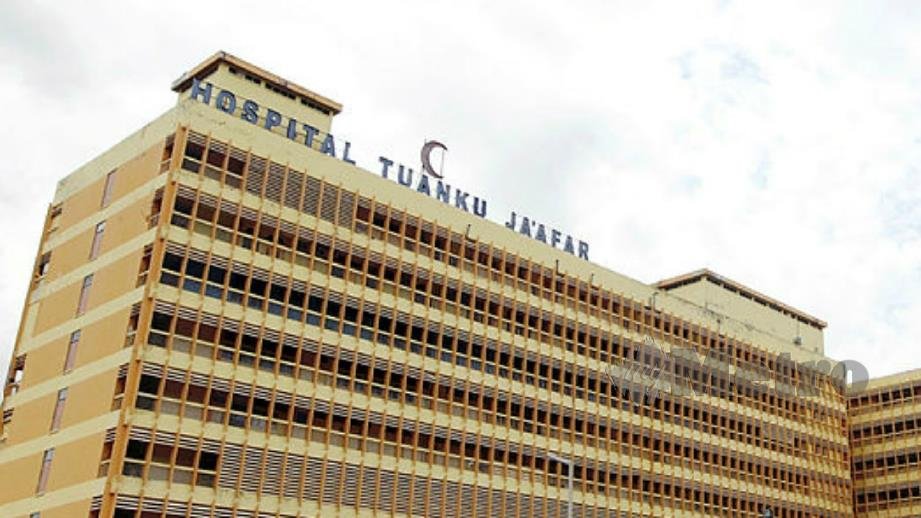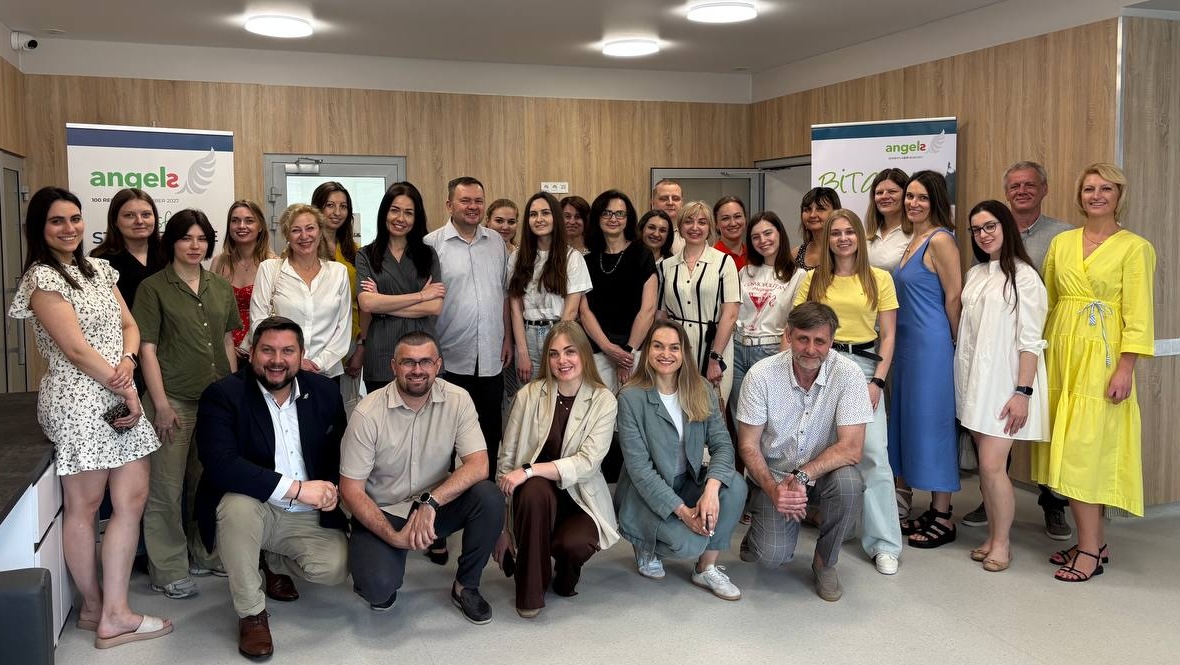Ils ne sont pas les premiers en Malaisie à traiter les patients accident vasculaire cérébral par thrombolyse, mais ils sont déjà les plus rapides.

Le premier traitement de thrombolyse à l'hôpital Tuanku Ja'afar à Seremban (HTJS) a eu lieu sur 5 mai 2019 et a été accompli en moins de 60 minutes. Il s’agit d’une période d’attente entre l’arrivée et la perfusion que de nombreux hôpitaux du monde entier rapporteraient de manière satisfaisante même après plusieurs années d’expérience, mais pas cet hôpital public de 50 ans dans la province de Negeri Sembilan, sur la côte ouest de la Malaisie péninsulaire.
D’ici 2020, l’équipe spécialiste de l’accident vasculaire cérébral de l’HTJS traitait la majorité de ses patients accident vasculaire cérébral dans les 45 minutes. Au début de 2021, plus de la moitié de ses patients victimes d’accident vasculaire cérébral étaient sous traitement en moins de 35 minutes, et au deuxième trimestre, alors que la troisième vague dévastatrice de COVID-19 commençait à ravager la Malaisie, un prix Diamant Angels de la WSO a marqué une nouvelle étape ; un délai d’attente avant la prise en charge de 25 minutes de classe mondiale.
Le COVID-19 a brisé ses progrès seulement temporairement, car le nombre de patient a diminué au début de la pandémie, mais fin 2021, l’équipe spécialiste de l’accident vasculaire cérébral d’HTJS prenait des fournitures de rTPA dans un État voisin pour suivre son taux de travail. Malgré l’intégration des protocoles de Covid pour protéger leurs patients et eux-mêmes, le délai d’attente avant la prise en charge n’a pas varié.
Le neurologue Dr Teh Pei Chiek et le médecin urgentiste Dr Emi Noorina Binti Mohd Nor expliquent comment l'hôpital a réduit de plus de moitié son temps de traitement en moins de trois ans, tout en doublant son taux de recanalisation, ne contient que peu, voire aucune surprise. En fait, ce qu’ils ont partagé est un exemple de manuel où ils font tout ce qui est important.

Le besoin de rapidité
L'hôpital Tuanku Ja'afar s'étend sur 26 hectares dans la capitale provinciale Seremban située dans la vallée de la rivière Linggi, environ 60 au sud de Kuala Lumpur. Initialement connu sous le nom d’Hôpital général seremban, il a été renommé en 2006 pour le dixième roi de Malaisie qui mourrait dans son hôpital nominatif, deux ans après avoir subi un accident vasculaire cérébral.
Avec 1 143 lits et 23 spécialités cliniques, l’HTJS sert d’hôpital de référence pour l’ensemble de Negeri Sembilan. Bien que l’incidence de l’accident vasculaire cérébral augmente ici comme en Malaisie, l’hôpital n’a commencé à traiter l’accident vasculaire cérébral aigu qu’après avoir obtenu les services d’un neurologue en 2018.
Dès le départ, le Dr Teh avait le regard fixé sur le délai d’attente avant la prise en charge, et s'est consacré à l'élimination des obstacles un par un – "principalement", explique-t-il, "en supprimant toutes les interactions inutiles le long de la voie".
Sous sa direction et avec le soutien du Dr Emi, l'hôpital a systématiquement mis en œuvre toutes les nouvelles directives pour le protocole d'accident vasculaire cérébral aigu, de l'intégration des services préhospitaliers au traitement au TDM.
La prénotification est essentielle et les patients accident vasculaire cérébral sont livrés directement à la salle d’imagerie TDM qui a été préparée à l’avance. Les alertes d’AVC pour convoquer l’équipe pluridisciplinaire sont diffusées, et les minutes précieuses sont sauvées par plusieurs actions effectuées en parallèle, y compris l’évaluation de la gravité de l’accident vasculaire cérébral et l’obtention du consentement.
Une étroite coopération entre la neurologie et la radiologie signifie que la scanner TDM est interprétée immédiatement, de sorte que si le patient est éligible à une thrombolyse, le traitement peut commencer sans délai. Le protocole HASTE (Hyperacute Stroke Smart Track in Emergency) et le kit HASTE de l'hôpital, tous deux issus de sa collaboration avec les services des SMU, ont remporté un concours d'innovation nationale malaisienne, mais surtout, en rationalisant la voie, ils sauvent des vies.

Relever les défis
Le prochain défi pour le Dr Teh et son équipe est d’amener plus rapidement les patients accident vasculaire cérébral à l’hôpital. Actuellement, seul un tiers environ des patients arrivent à l’hôpital par le service SMU, un autre tiers provenant d’autres centres. Cependant, un tiers voyage sans assistance et trop souvent en dehors de la fenêtre traitement. Il s’agit d’un problème qui ne peut être abordé que par le biais de campagnes de santé publique portant sur la sensibilisation aux symptômes de l’accident vasculaire cérébral et la prévention primaire de l’accident vasculaire cérébral.
L’équipe HTJS s’engage également à améliorer les services d’accident vasculaire cérébral dans d’autres hôpitaux de la région, où elle espère reproduire ses protocoles et partager ses connaissances. Les exercices de simulation dans un hôpital de district proche sont déjà à l’ordre du jour, même si l’hôpital voisin n’a pas encore désigné de neurologue.
La Malaisie est confrontée à une pénurie de spécialistes de la soins de santé, y compris dans le domaine de la neurologie. Lors de la première conférence sur l’AVC en Malaisie en 2019, le directeur général de la santé du Dr Noor Hisham Abdullah a estimé que 200 spécialistes en neurologie supplémentaires étaient nécessaires pour répondre aux besoins des patients victimes d’accident vasculaire cérébral dans le pays.
Chez HTJS, la passion du Dr Teh pour la neurologie et ses patients se traduit par de longues heures de travail, mais un deuxième neurologue est très nécessaire pour que les patients accident vasculaire cérébral puissent être assurés d’un excellent traitement, quelle que soit l’heure, et pour que le Dr Teh puisse obtenir un sommeil bien mérité.



